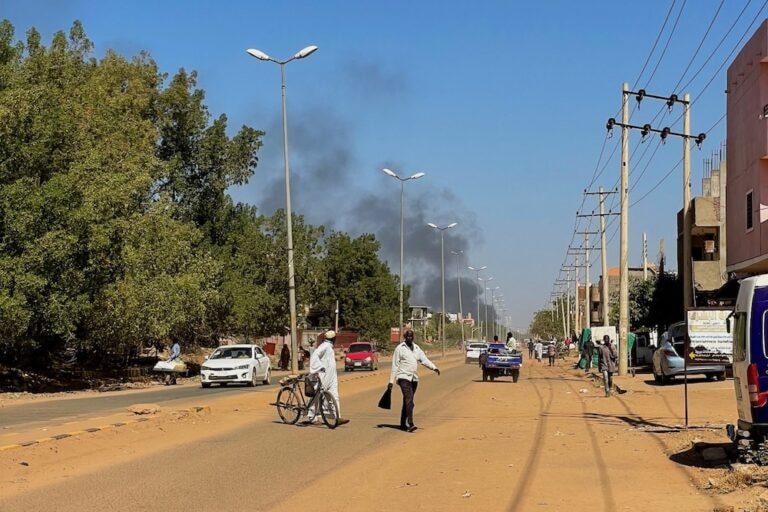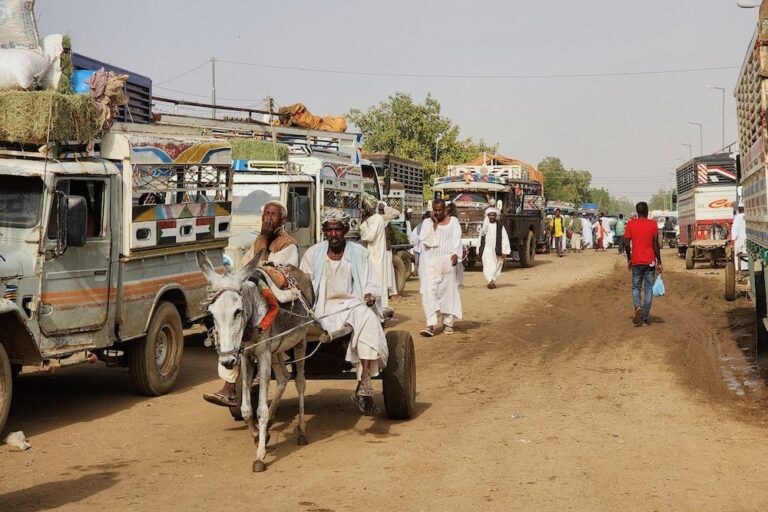(RSF/IFEX) – On 24 July 2003, RSF denounced continuing efforts to intimidate “Khartoum Monitor” editor Nhial Bol and called on the Sudanese government to end the legal and other harassment of the daily newspaper and its staff. “We urge you to open an immediate enquiry into Mr Bol’s statement that a vehicle crashed into his […]
(RSF/IFEX) – On 24 July 2003, RSF denounced continuing efforts to intimidate “Khartoum Monitor” editor Nhial Bol and called on the Sudanese government to end the legal and other harassment of the daily newspaper and its staff.
“We urge you to open an immediate enquiry into Mr Bol’s statement that a vehicle crashed into his car in eastern Khartoum on 13 July in an attempt to kill him,” said RSF Secretary-General Robert Ménard in a letter to Sudanese Justice Minister Ali Mohammed Osman Yassin. “We also ask you to ensure that his paper is allowed to resume publication at once,” Ménard added.
According to Bol, prior to the crash he received telephone death threats in connection with articles published in “Khartoum Monitor”. The incident occurred one day after a Khartoum court cancelled the newspaper’s publishing licence.
The “Khartoum Monitor” and its journalists have come under constant harassment. On 24 October 2001, Bol and one his journalists were arrested and detained for three days. They remained under investigation for allegedly “undermining state security” (see IFEX alert of 26 October 2001).
The “Khartoum Monitor” was founded by journalists from southern Sudan, which has been at war with the central government for many years. It is the only English-language paper that covers the problems in the region. Such topics are regularly censored by the authorities.
In May 2003, the newspaper was found guilty of inciting “religious discord and hatred of the state” and suspended for two months. The “Khartoum Monitor” resumed publishing on 11 July.
The paper’s publishing licence was withdrawn once again on 12 July for printing an allegedly illegal interview in 2002 with a former cabinet minister from the south who strongly criticised the government.


